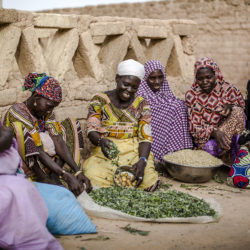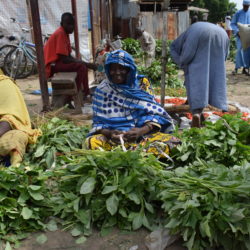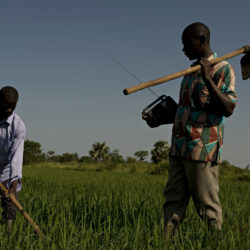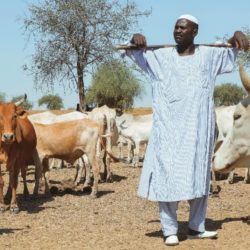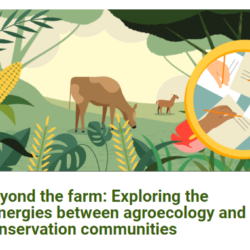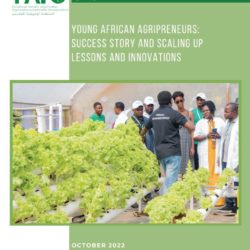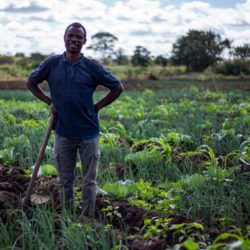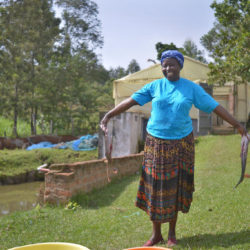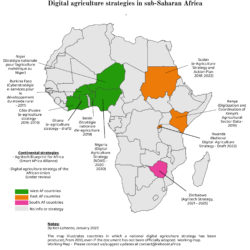International Women’s Day, 8 March 2023: women, communication, ICT, agriculture.
The United Nations theme for International Women’s Day (IWD) 2023 is “DigitALL – Innovation and technology for gender equality”. It aims to leverage the transformative power of inclusive digitalization and innovation for rural women and girls. International Women’s Day (IWD) is a global day to commemorate and uphold women’s achievements and raise awareness on a reconfirming commitment to gender equality. It also marks a call to action for accelerating gender

